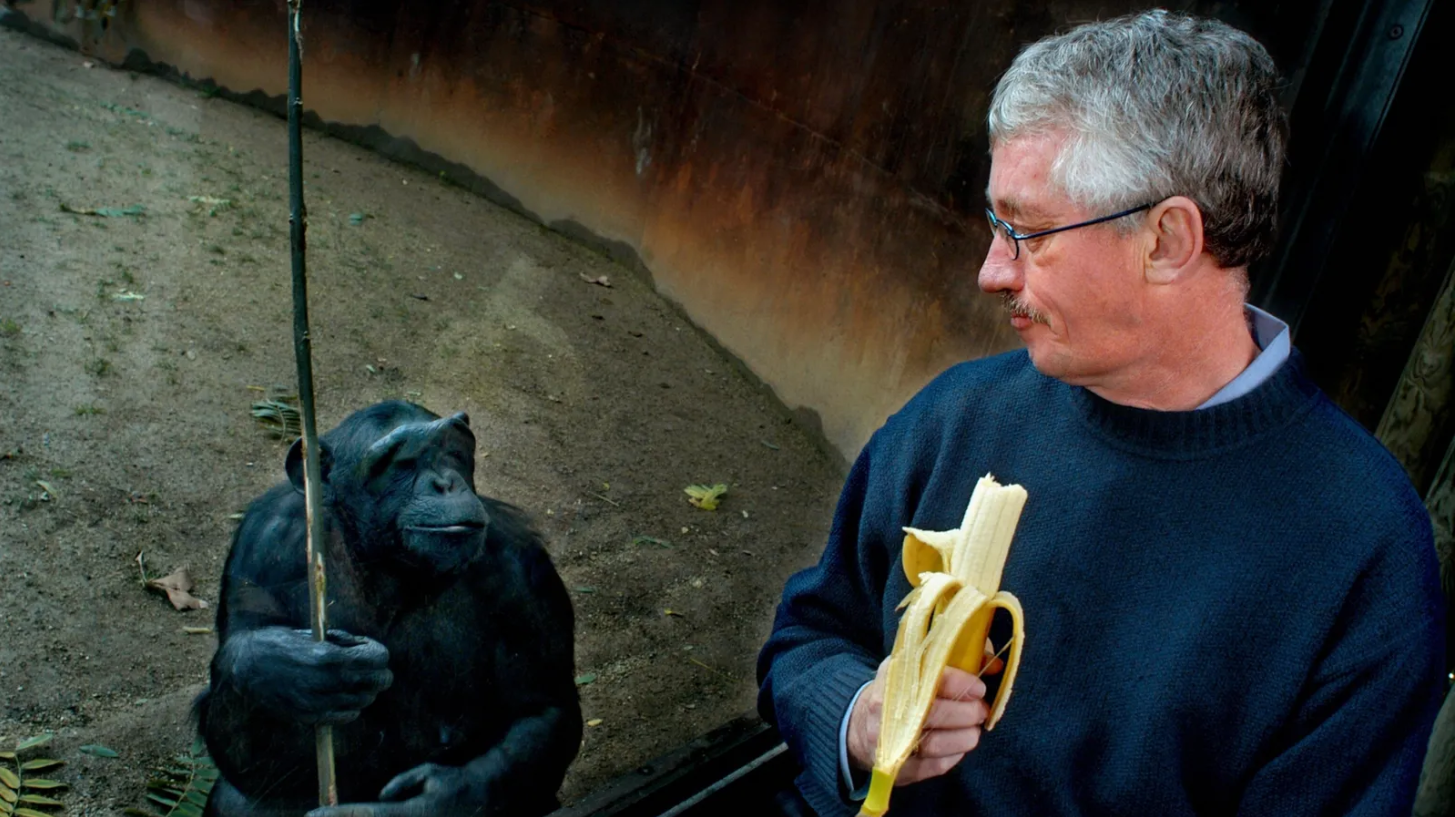Up to 8 research groups linked to CREAF have been recognised in the latest call for applications by the Agency for the Management of University and Research Grants (AGAUR) of the Catalan Government. These groups are made up of scientists specialising in fields of knowledge as assorted as biodiversity, terrestrial ecology, forest resilience and fires, animal adaptation to global change, land ecological restoration, and geographic information systems (GIS) and remote sensing.
The recognised groups are the following: ‘Biodiversity conservation under global change’ (BIOCONS), ‘Biogeografia funcional: resposta dels ecosistemes terrestres als canvis i gradients ambientals’ (RESET), ‘Dinàmica forestal i incendis’, ‘Eco-evolutionary responses of animals to global change’ (EcoEvoChange), ‘Global Ecology Unit’ (GEU), ‘Grup d’Ecologia dels canvis ambientals’ (GECA), ‘Grup de recerca en protecció de sòls’ (Protecsols) and ‘Grup de Mètodes i Aplicacions en Teledetecció i Sistemes d’Informació Geogràfica’ (Grumets), the latter presented by the Universitat Autònoma de Barcelona and participated in by CREAF.
The recognition of a research group is an indicator of its excellence, the importance of its field of study and the dedication of its members.
According to CREAF director Joan Pino, “the fact that a centre of CREAF’s size has 8 groups recognised by the Generalitat de Catalunya is a clear indicator of our excellence”. Out of 2 of the 8 groups are shared with the Universitat Autònoma de Barcelona and 6 have specific funding from the Generalitat de Catalunya.
This recognition of a research group is an indicator of its excellence, the importance of its field of study and the dedication of the people who integrate it. The criteria for achieving this are sufficiently demanding: they are based on achieving goals such as the number and importance of competitive research projects led by the group, six-year research periods, the number of publications in indexed journals and their impact, and the number of doctoral theses supervised, among others.







